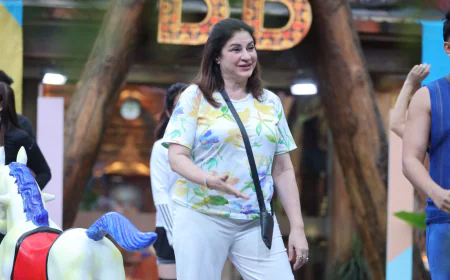Jamai No. 1 Addresses Domestic Violence: Riddhi's Bold Move Sparks Family Turmoil
Jamai No. 1 addresses domestic violence as Riddhi reports her brother to police, stirring family drama and debate.
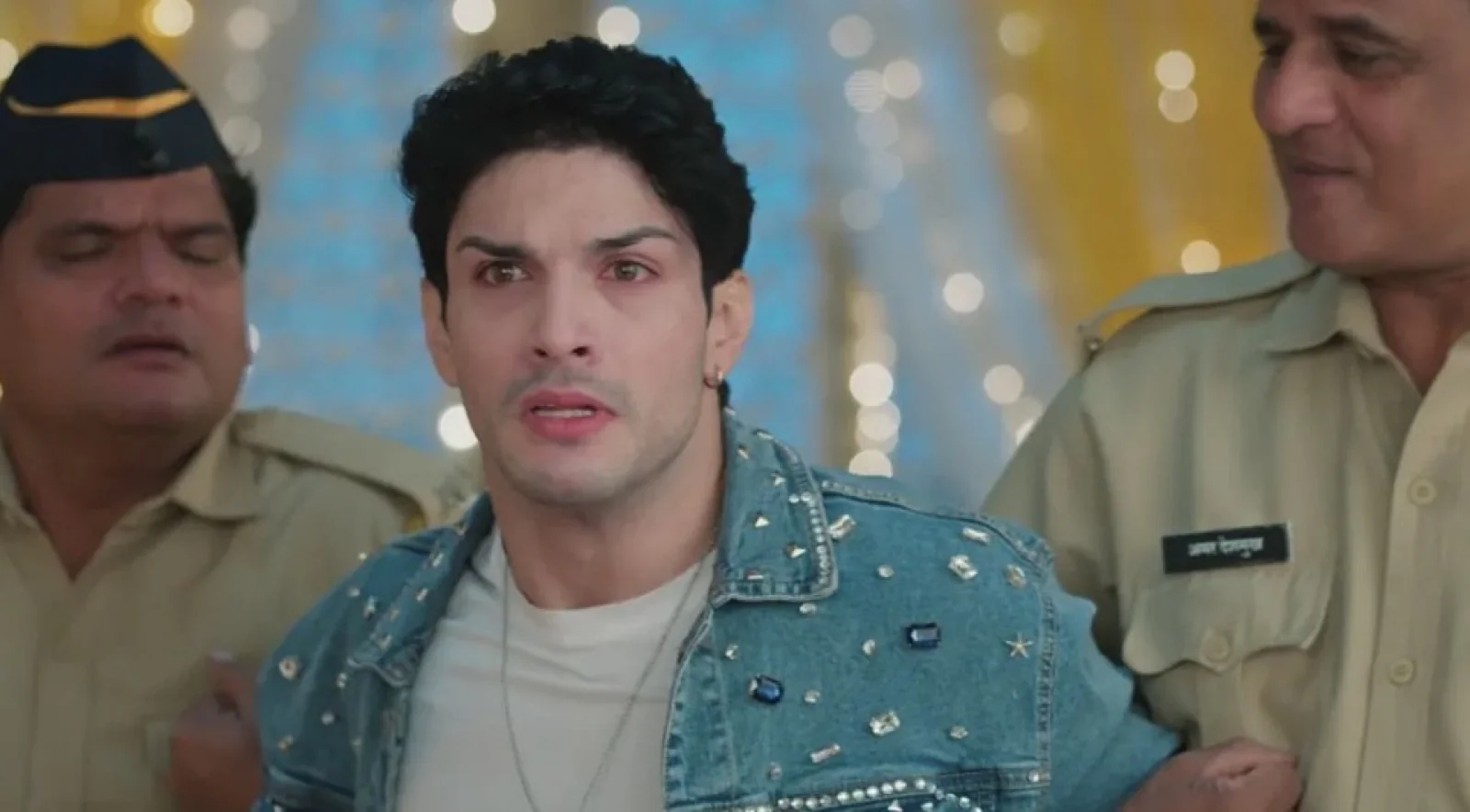
The latest episode of Zee TV’s popular drama "Jamai No. 1" tackled the urgent issue of domestic violence, delivering a message of courage, accountability, and social change. Viewers witnessed Riddhi, a pivotal character, take a stand against her brother Pratham after he physically assaulted his wife, Manjari—a decision that sent shockwaves through the household and resonated beyond the screen.
The episode opens with a charged confrontation. Pratham’s outburst against Manjari, witnessed by Riddhi, forms the emotional core. Instead of staying silent, Riddhi called the local police to report her own brother, insisting on consequences for his actions. This storyline was informed by conversations with the show’s creative team, who said their aim "was to reflect real issues faced in countless Indian families, where abuse too often goes unreported." The narrative is grounded in the lived reality of many viewers, lending the show a rare air of authenticity.
Riddhi's intervention sparked immediate and intense resistance, particularly from her mother, Kanchan. Longtime viewers recognize Kanchan as someone who has herself endured marital abuse—a fact Riddhi forcefully reminds her of. “A slap is never just a slap; it shatters dignity and soul,” Riddhi says, echoing common sentiments from domestic abuse survivors and advocacy organizations across India.
Want to get your story featured as above? click here!
Want to get your story featured as above? click here!
Despite her own history, Kanchan reacts with anger rather than support, accusing Riddhi of causing family shame by having Pratham arrested. Riddhi’s bold act also provokes tension with Neel, her romantic partner, whom Kanchan blames for influencing Riddhi’s decision. The layered performances convey the emotional complexity of real-life cases, where family loyalties often complicate the pursuit of justice.
In an unexpected and emotionally charged twist, Kanchan curses Riddhi, predicting that the man Riddhi supports today (Neel) will eventually betray her. This dramatic climax underscores the deep divisions that advocacy—and especially whistle-blowing within families—can cause.
The episode’s depiction of Kanchan’s reaction serves as a microcosm of societal attitudes towards domestic violence in India. By spotlighting the emotional and social costs that whistleblowers can face, "Jamai No. 1" encourages nuanced, necessary conversation about justice versus tradition in Indian households.

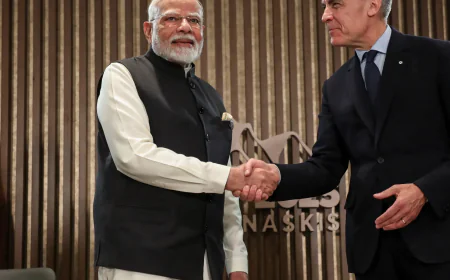

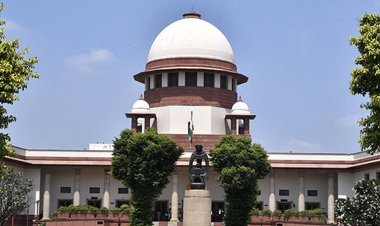

























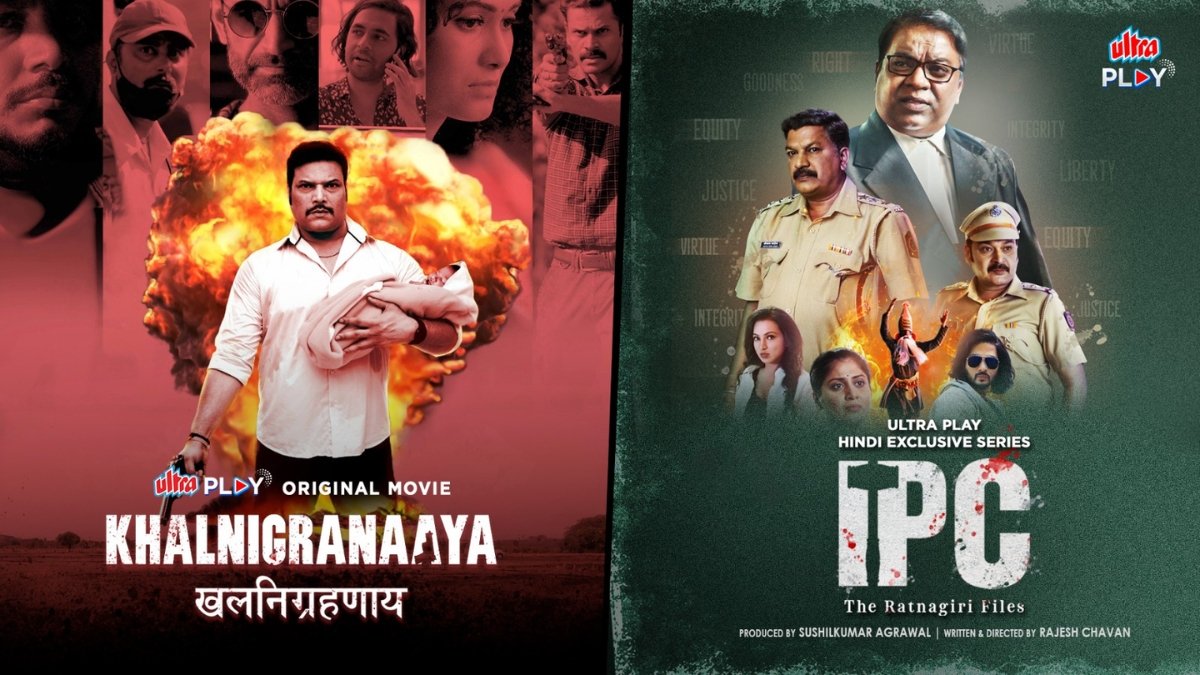



.jpg)
















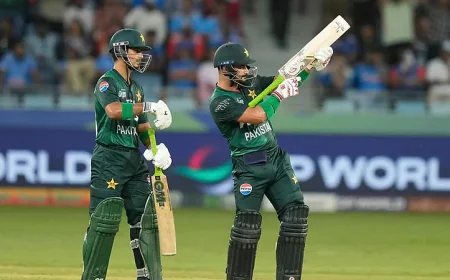




.jpg)












